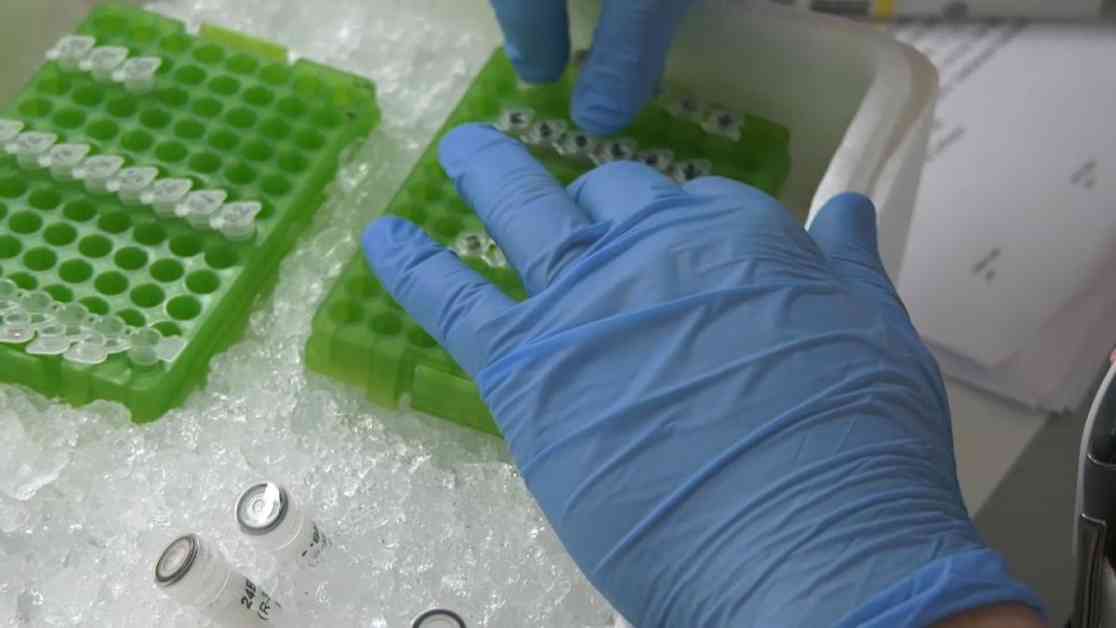In Valence, Spain, a groundbreaking experiment is offering hope to cancer patients while reducing the side effects of chemotherapy and radiotherapy. Laura, a former doctor, was diagnosed with stage 3 breast cancer. After three surgeries, chemotherapy, and radiotherapy, she is now undergoing hormonal and experimental treatment. Pedro, on the other hand, survived lung cancer but continues to suffer from severe side effects. He describes the lasting impacts of his treatments, such as brittle nails and loss of sensation in his hands.
As part of the European project Ulises, researchers are exploring a treatment using nanoparticle-based therapy that could potentially benefit cancer patients and survivors like Laura and Pedro. This innovative approach, currently being tested for pancreatic cancer, aims to trigger the body’s rejection of tumors, acting as a kind of «vaccine effect.» By introducing specific molecules into the tumor, the immune system can be activated to fight against it. Cristina Fillat, the project coordinator, emphasizes the importance of introducing genetic material into tumor cells, a role facilitated by nanoparticles similar to those used in the development of COVID-19 vaccines at the Valencia Institute of Oncology.
According to José Antonio López-Guerrero, head of the Molecular Biology Laboratory in Valencia, if the nanoparticle-based vaccine proves effective against pancreatic cancer, it could pave the way for new therapeutic opportunities for other types of currently incurable and deadly tumors. This potential breakthrough would mark a significant milestone in scientific research. Moreover, as the immune response targets only tumor cells, the debilitating side effects associated with current treatments like chemotherapy and radiotherapy could be significantly minimized.
The prospect of a nanoparticle-based cancer vaccine offers new hope for patients and survivors alike. Not only does it hold promise for treating various types of cancer, but it also presents a potential solution to the adverse effects caused by traditional treatments. The ongoing research in Valence represents a critical step forward in the field of oncology, offering a glimpse into a future where cancer may be fought with greater precision and fewer complications. As advancements continue to unfold, the journey towards a more effective and less invasive treatment for cancer patients appears increasingly hopeful.




















